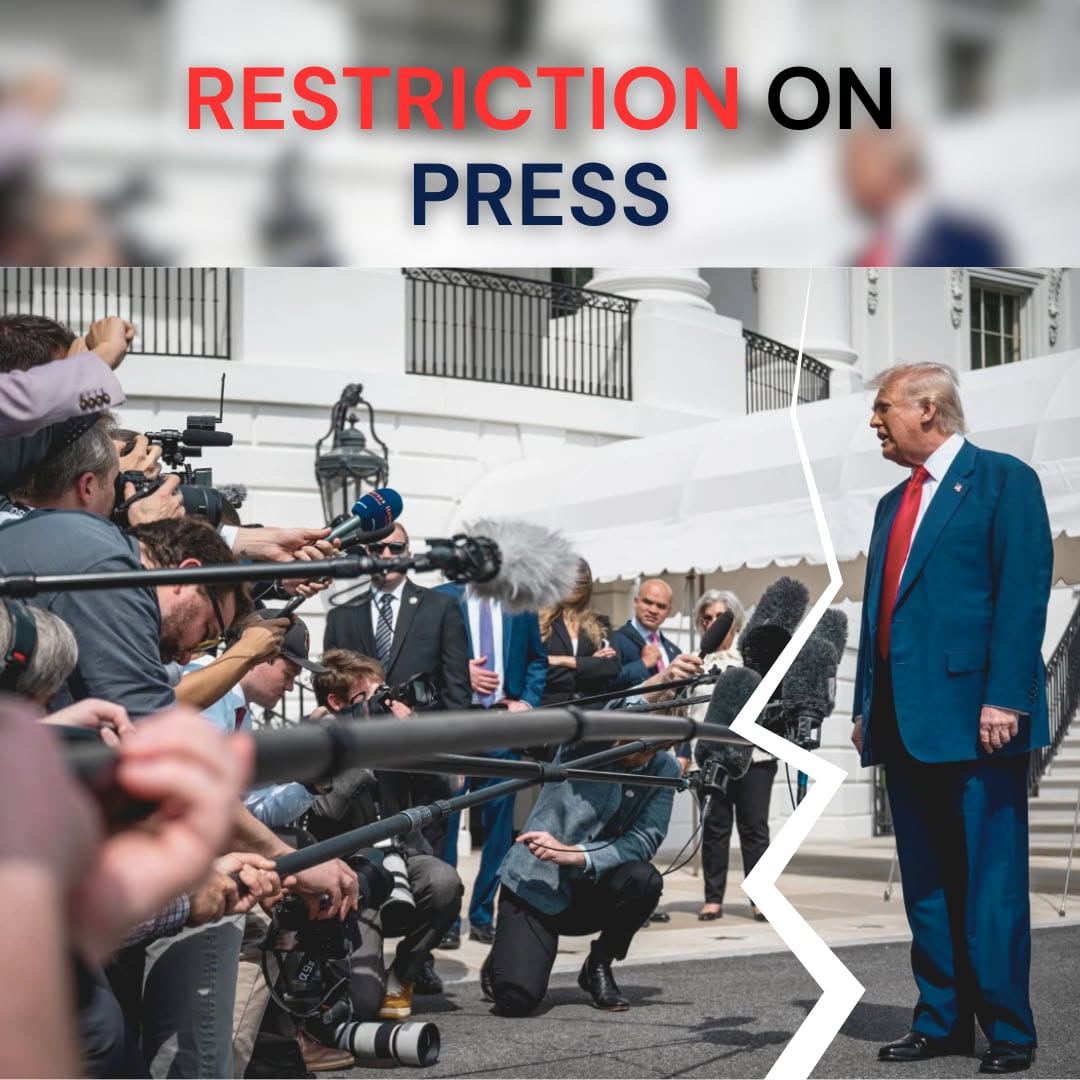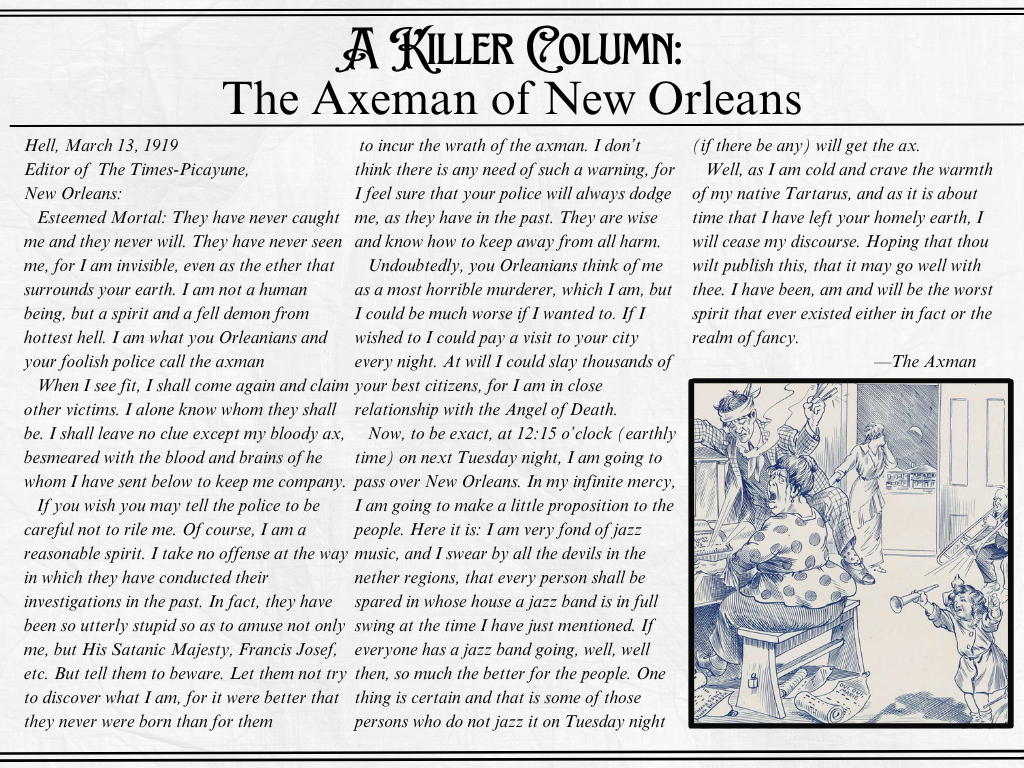Computing Services has implemented changes to the election system to make sure online elections run smoothly in the future.
The changes come after numerous problems arose during the Student Government elections held in April. SGA officials considered voiding the results and redoing the election because of the computer problems.
“I don’t think it’s anyone’s fault,” said Richard Peacock, a web application programmer for Computing Services. “All we can do is apologize for not having the process run as smoothly as possible.”
Peacock said three separate problems were reported to Computing Services this year. He said it’s the first year any system problems have been reported.
The first problem arose after students using iPhones reported pictures on the ballots did not match the correct candidates.
Peacock said as far as he knew, only people with the IOs5 operating system for iPhone, an update from October, had problems voting using the ULM smartphone app. Peacock said the unusually heavy voter turnout, coupled with poor service, could have affected the download speed of the photos, causing them to be out of order.
Peacock said his office tested phones using the Android operating system and found no problems.
Pictures were not uploaded during last week’s officer runoff elections to keep the problem from happening again.
The second problem allowed some students to vote for senators in more than one college.
Peacock said students who recently switched from the College of Health Sciences to another college were registered in the system as belonging to both and having the ability to vote in both.
A new check was put into effect beginning with the runoff election to block voters registered in two colleges from voting at all. Peacock said these voters would be prompted to contact Computing Services so that they could be purged from their old college and then given the option to vote.
Computing Services ran a test and determined who voted in two colleges. Some students worried their anonymity was compromised during the investigation, but Peacock said that was not the case.
“We couldn’t see who they voted for, but we could see who voted,” said Peacock. “We’re dedicated to privacy and anonymity.
After reassessing these votes, the SGA election commission determined to hold new runoffs for senators in the Colleges of Education, Pharmacy and Arts and Sciences.
Peacock said his office used the same process to solve the third problem. Between 40 and 50 people who recently graduated were still able to vote according to the system, but SGA laws do not allow graduates to vote.
Peacock said those votes were easy to isolate and remove from the vote count. A new check now in place requires a student to be enrolled in at least one hour to have access to a ballot.
“To be blunt, we’re not sure why these problems happened this year,” Peacock said. “All we can do is hope to catch problems before they happen.”
Peacock said no problems had been reported to his office during the runoff election since the changes were implemented.
Computer elections in the future
Despite the problems from this year’s election, SGA plans to continue using the online form of voting for its elections, according to Nathan Hall, assistant dean of Student Life and SGA adviser.
Hall said in the past, students had to go to designated voting stations near the bookstore to vote. The system in place now makes it easier for students to participate in the voting process.
Hall said as a result, ULM has some of the highest voter turnouts compared to other colleges.
“If you look at Baylor, they just had about 2,000 students vote in their elections,” Hall said. “They have twice as many students but the same voter turnout.”
Hall said he hopes the recent problems won’t discourage people from voting in the future.
“We can’t control how someone feels,” Hall said. “I can see how some would feel apathetic because Bayou Park failed because they’ll think, ‘If they don’t care about our campus, why should I?’”
Many wondered if the controversial Bayou Park pool and event center referendums would be revoted on because of the computer glitches. The election commission determined that was unnecessary based on the findings of Computing Services.
Students seemed initially wary of the glitches because of how close the Bayou Park referendum was. Initial reports showed the measure failed by only 15 votes, but after the graduate votes were removed from the count, the margin of failure grew, according to Hunter Vanderberg, SGA election commissioner.
But since the referendums results remained intact, some students seemed willing to move on with the election process as it is.
“Since it happened, they learned from it and fixed it,” said Kaidimairis Newton, a junior modern language major. “I’m just happy to be involved.”
Sophomore nursing major Aaron McDaniel echoed Newton’s assessment of the elections, even though he voted yes for the Bayou Park referendum.
“Odds are there will always be problems,” McDaniel said. “It’s a computer system, so at some point it’s going to fail.”





